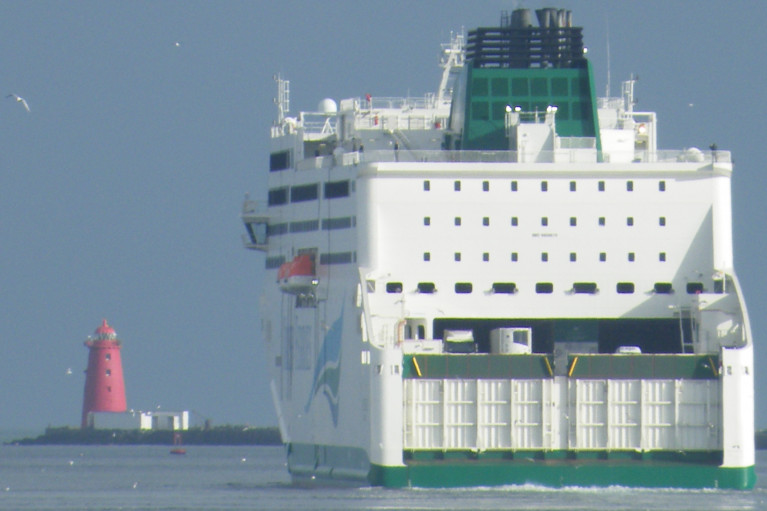Displaying items by tag: Pass No's Slump
Ferry and container operator Irish Continental Group (ICG) reported revenues fell more than 21 per cent in the first six months of the year as the coronavirus pandemic caused economies to shut down.
But the group, reports Irish Times, said it remained in a strong financial position to weather the Covid-19 storm.
The ferry company (Irish Ferries) said consolidated revenue for the six months to June 30th 2020 fell 21.6 per cent to €130.8 million, dragged lower by a 65 per cent decline in passenger volumes over the period. Net debt at the end of the period was €103.3 million, down from €129.0 million at the end of December 2019.
The ferries division showed a decline of more than 33 per cent, with revenue at €61.6 million for the year. Passenger cars were down 65 per cent to 56,600, compared with 161,200 a year earlier.
The container and terminal division saw a 6.6 per cent fall in revenues for the six months, as supply chains were disruption by Covid-19. Over the year to July 25th, container freight volumes were 10.5 per cent lower at 178,300 20-foot equivalent units, with units handled at the Dublin Port and Belfast Harbour (see: terminals) down 13.6 per cent year on year to 160,100 lifts.
For further reading click here.
In addition Afloat adds to consult ICG's Trading Update (here) that was released today.
























































